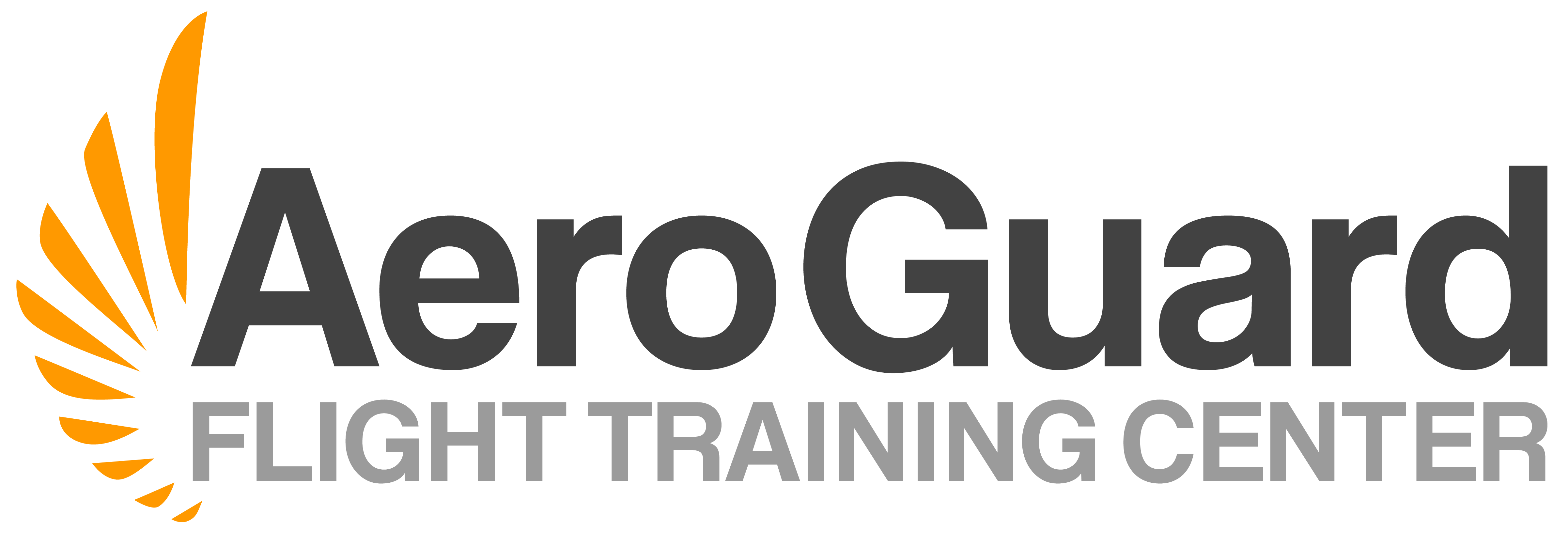The Importance of Aircraft Maintenance
Ensuring students have access to training aircraft that runs efficiently is essential. Pilots should feel confident they’re entering an airplane that is frequently examined and updated as needed.
We sat down with Director of Maintenance, Shawn Rockey, for additional information regarding the importance of an aircraft servicemen’s role, and what their position entails.
Rockey’s prior experience in corporate aviation makes him an excellent leader and role model for the maintenance team. He continuously makes sure his team is focused and all regulations are properly followed and exceeded.
Q: What does a “Day in the Life” Look Like for Aircraft Maintenance Staff?
A: “We have technicians that are dedicated to working scheduled maintenance; the inspections on the airplanes,” said Rockey. “If there are any irregularities with what they inspect, then they have to fix it.”
Technicians follow a checklist, inspecting the aircraft’s structure for cracks, scanning for leaks, checking rigging and tensions on flight controls and then servicing the aircraft as necessary.
“Some of the other technicians are what we call Line Mechanics and they are out on the ramp.”
If a mission is getting ready to launch and a minor mechanical issue presents itself, a Line Mechanic will meet the crew of the airplane and perform any fixes on the aircraft to ensure pilots will be flying safely.
“The repair station has three shifts to cover the majority of a 24-hour period. The weekday shift works Monday – Thursday, 5 a.m. – 3:30 pm. They are responsible for a variety of things including unscheduled line squawks, scheduled inspections (progressive events), sheet metal repairs, component repair and engine changes. The weeknight crew works Monday – Thursday, 4 p.m. – 2:30 a.m. Since we fly less in the evening, their sole responsibility is scheduled inspections. The third shift that we have is the weekend shift which runs Friday – Sunday, 5 a.m – 5:30 p.m. Their responsibilities are much the same as the weekday crew, except they do not do sheet metal or component repair.”
Q:Â What is Scheduled Aircraft Maintenance?
A: “First off, the airplane is required to be inspected in its entirety every 100 hours. We have it broken into what’s called ‘progressive events’ and we inspect the airplane every 50 hours,” Rockey said.
Performing inspections every 50 hours as opposed to the required 100 hours means that aircraft are looked at more often than regulations call for.
“Federal regulations state that an aircraft used in flight training must undergo a complete inspection of the aircraft each 100 hours of flight. This is a great deal of work which results in substantial downtime for the aircraft. Alternatively, the aircraft can meet the 100-hour inspection requirement when maintained under a progressive program such as ours,” Rockey said. “Every 50 hours the airplane comes in for an event. Each event has a specific area of the aircraft that is inspected in great detail. Each event has a different area of detail. Our progressive program has four events. At the completion of the four events, the aircraft has been inspected in it’s entirety.”
In addition to Piper Aircraft’s general guidelines and minimum maintenance requirements, Rockey explained that his team implements additional requirements for better reliability and an added margin of safety.
“There are a lot of parts on the airplane that don’t have a requirement to replace until they ultimately fail. However, we put self-imposed time limits on them (and) we replace some before that point of failure comes. The detail of our inspection program is pretty great,” Rockey said. “There is a lot of additive action that’s taken on the airplane, meaning we inspect in great detail.”
To make sure planes are running smoothly and to improve their functionality, the aircraft maintenance team makes decisions and adjustments using historical data and tracking techniques and working with training management software known as “Talon Systems”.
“All of the maintenance performed is tracked in Talon. Talon has several historical reports that we use to help identify trends such as component failures or repeat discrepancies. This provides us the necessary information to determine if we need to adjust the frequency in which we inspect or replace parts based on the trends that we identify. These adjustments improve the dispatch reliability of our fleet.”
Q:Â AeroGuard’s Aircraft Maintenance department was given the FAA AMT Diamond Award of Excellence in 2018. What is the significance of this Award?
A: To qualify for the FAA AMT Diamond Award of Excellence, 100% of eligible employees must receive an AMT Certificate of Training during the year, meaning each employee is required to complete a minimum of 12 hours of training that includes subjects such as workplace safety, regulatory compliance and aircraft systems. Some of the courses taken in 2019 were TSA GA Security, Stormwater Pollution Prevention, OSHA, Human Factors, Repair Station Quality Control, Suspected Unapproved Parts, Aircraft Exhaust Systems and Refrigerant Recovery Section 609 Certification.
As a result of dedicated employees, aircraft maintenance was given this prestigious award. This is the highest honor in the FAA AMT Awards Program. The Award recognizes aircraft maintenance organizations with productive training programs, seeking to better their quality, safety and technical expertise, exceeding the FAA regulatory standards.
“As a repair station, we’re required to have a training program. To earn the Diamond Award, you have to go a little bit above and beyond and do additional training, and that’s what we’ve done here,” Rockey said. “Many of the flight schools and even our competitors just meet the minimum of the training requirement.”
The maintenance team has worked to create a formal, professional and fine-tuned training program, similar to the airlines. The team utilizes computerized, community-based training, rather than a classroom setting in order to reduce production loss and ensure all work is completed in a timely fashion.
Aircraft must undergo inspection for safety and to improve performance. AeroGuard’s maintenance team is dedicated to ensuring all planes in its aircraft fleet are in excellent condition and are readily available, making their role essential to a pilot’s success.


